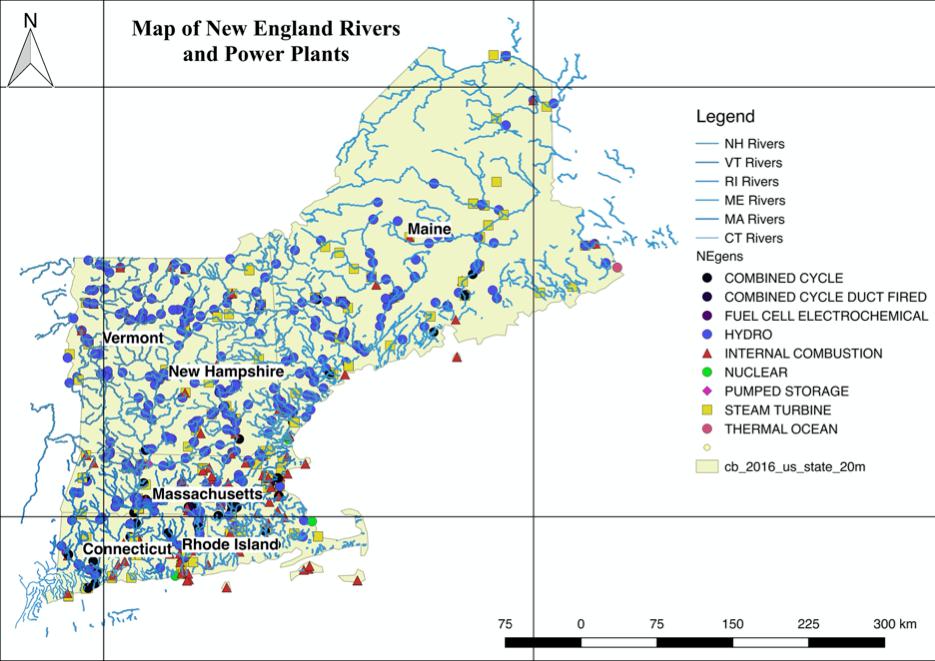- Undergraduate
Bachelor's Degrees
Bachelor of ArtsBachelor of EngineeringDual-Degree ProgramUndergraduate AdmissionsUndergraduate Experience
- Graduate
Graduate Experience
- Research
- Entrepreneurship
- Community
- About
-
Search
All Thayer News
Flexible Water Use Improves Performance of a Renewable Energy-Based Power Grid
Jun 07, 2021 | by Julie Bonette
A new Dartmouth Engineering study shows that more flexible control of water resources would enable New England not only to greater utilize variable renewable energy but also to improve grid reliability, save water, and reduce greenhouse gas emissions.
PhD student Steffi Muhanji, working with engineering professor Amro Farid, is first author on the study, "An enterprise control assessment case study of the energy–water nexus for the ISO New England system," published in the May 2021 issue of Renewable and Sustainable Energy Reviews.
The study is the first to examine flexible control of water resources within the context of renewable energy integration. Water plays a fundamental role in the operation of the region's bulk electric power system and transmission lines as overseen by the Independent System Operator in New England (ISO-NE). For example, most generating facilities are located near a water source and rely on adequate water supply:
"We asked ourselves how we might run the electricity market differently so that it can accommodate more renewable resources. We saw that with flexibility measures, we're able to reduce our water withdrawals, our water consumption, and our CO2 emissions, and we can also use our renewables a lot more and reduce curtailment."
Steffi Muhanji
Building on previous research, the co-authors scrutinized a dozen possible scenarios for the energy-water nexus in ISO-NE for the year 2040 and found that flexible water resource control has great potential to enhance the grid's reliability. They suggest alternative methods for managing renewable energy systems, such as allowing resources to provide active power support rather than the commonly used method of curtailment.
According to the study, flexible water control results in:
- up to 10.9 percent reduction in the total time that variable renewable energy resources such as solar and wind are curtailed;
- up to 25.58 percent reduction in water withdrawals;
- up to 5.3 percent reduction in water consumption; and
- up to 3.46 percent reduction in CO2 emissions.
The project was funded by the Department of Energy and conducted in collaboration with the National Renewable Energy Lab.
Muhanji defended her thesis last month and plans to continue research in this area after graduation in her new role as Program Manager with Microsoft's renewable energy team. "I want to continue working on sustainability, the sustainable energy transition, and decarbonization," she said.
For contacts and other media information visit our Media Resources page.

